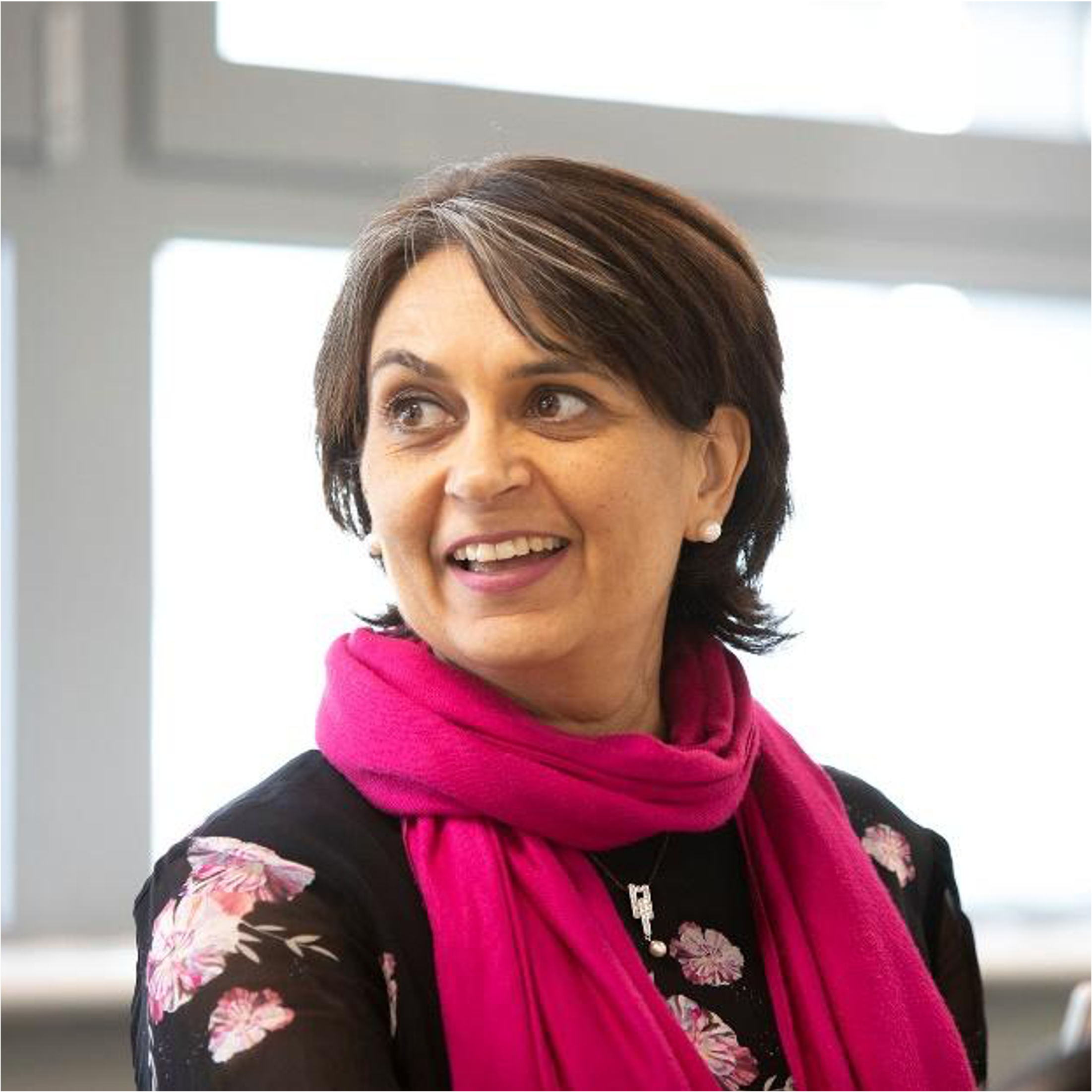Have we cracked gender equality in the project delivery profession?

Have we cracked gender equality in the project delivery profession? As someone who has worked my way up through the Civil Service ranks and managed projects of various shapes and sizes, my answer is that there is still some way to go. What we mean by gender equality has changed and the indicators are different, but some underlying, systemic issues still remain.
As Head of Profession for Project Delivery across government, I have the privilege of seeing what's happening across the country. Government manages and oversees hundreds of programmes and projects. The biggest and most complex 250 of these comprise over £750bn of investment. To deliver on this scale, we need genuinely diverse teams. We need a mix of training and backgrounds with different ways of seeing the world and good leadership to help them work together to problem solve, innovate and deliver. How do we ensure we build this diversity? Numerical targets are a blunt instrument, but that’s all we have at the moment to track progress.
So what do the numbers tell us about gender equality in project delivery within government? Well, we are making good progress, but there’s more to be done. Around 40% of our senior leaders in project delivery are women. However, when we look more closely at the people leading the most complex 250, the numbers are less optimistic. Only a third of these projects are led by women. Pleasingly, we have parity in the middle management and expert roles, where the bulk of the work happens. Although we have gender parity in our graduate scheme, overall we are still not as good as the wider Civil Service, where there is greater gender parity at the most senior grades. And gender parity does matter.
Reflecting back on my three decades in the Civil Service, and 20 years in project delivery, I know that this progress has not happened by accident. The Civil Service is without doubt a thoughtful and pioneering employer.
- We have created mentoring and sponsorship schemes to help women build their experience and confidence, we have blind application processes.
- We insist on gender balanced interview panels and have trained recruitment teams to be aware of their unconscious bias.
- We also encourage people to work in job shares and support them to take on important roles whilst working outside traditional ‘9-5’ hours.
These changes have been implemented alongside wider societal changes, where attitudes have changed. A woman can be seen to have career aspirations, alongside raising a family. Both parents contribute more equally to raising their children and running the household, irrespective of their gender. We have certainly come a long way from assuming that it would be the woman who steps back from her career if the couple decide to have children.
I distinctly remember, 20 or so years ago, when I told my team I was pregnant with my first child, receiving the comment “oh, I thought you were a career woman”, because of the assumption that I could not be both. I doubt many men had this experience, either then or today.
But for every biased comment and old fashioned attitude, there have been people who have lifted and supported me. I have worked part-time hours for half of my career, and had several promotions and countless opportunities to be involved in significant and important roles over this time. My managers – both men and women – have understood that working alternative patterns does not mean my commitment, skills and leadership abilities are reduced. My brain is not lobotomised to the hours I am working. I just chose more flexibility to suit my overall life.
But I don’t want to pretend that everything is rosy. Yes, we are seeing change. Yes, we are seeing more men committing the same amount of time that women do when couples decide to start a family. Yes, I don't have to remind as many men not to refer to women as ‘girls’ and I don't have to explain it’s not my ‘time of the month’ if I disagree with anything they say. Yes, our talent programmes are finally gender balanced. But can we say that we have reached gender parity?
When we look at the numbers of young women achieving record results at school and college, when we look at the numbers getting university degrees and completing coveted apprenticeships and the talent coming through the system, why is this not converting to more women in positions of influence and leading complex programmes? Despite being an inclusive employer, the pay gap between men and women in the Civil Service is still over 10%. Why is the early promise of women's talent and dedication not converting to more influential and senior roles in a paid environment?
Of course personal circumstances play a factor. Not everyone (men or women) wants to lead a big team and be in the spotlight. Many women choose to prioritise their family when their kids are young. The number of women who convert to part time working in their thirties in the Civil Service is 26%, compared to just under 4% of men. But I question how much of that is societal expectation and how much of it is due to personal choice?
Maybe women, more generally, have a wider definition of success, which is not all about being recognised financially and through status. Maybe they are less socially conditioned to see themselves as primarily economic units, and have given themselves permission to have more choices in life. Maybe senior decision makers in an organisation need to better understand and reward the different ways women can lead and do business.
And that's what gender equality looks and feels like to me now – not trying to fit in and replicate the ways of working and leadership qualities that have been successful in the past, when there was greater gender division of labour. It’s about creating a new way of working that recognises that success can be achieved in different ways, moving away from gender stereotypes of the past. That different ways of leadership, communication, problem solving and team building can all work and are valued. This, to me, is the next dimension of gender equality – to address the systemic issues that still use ‘male’ leadership qualities and outdated working practices as the benchmark of success.
That’s why the Government Project Delivery Profession is keen to showcase role models and people who have done it differently. Our Role Models campaign has already produced a series of blogs and podcasts, showcasing the diversity of our profession and different ways of leading and delivery projects.
In project delivery, we are literally building the future. As architects of the future, let's take the opportunity to challenge the status quo.


0 comments
Log in to post a comment, or create an account if you don't have one already.